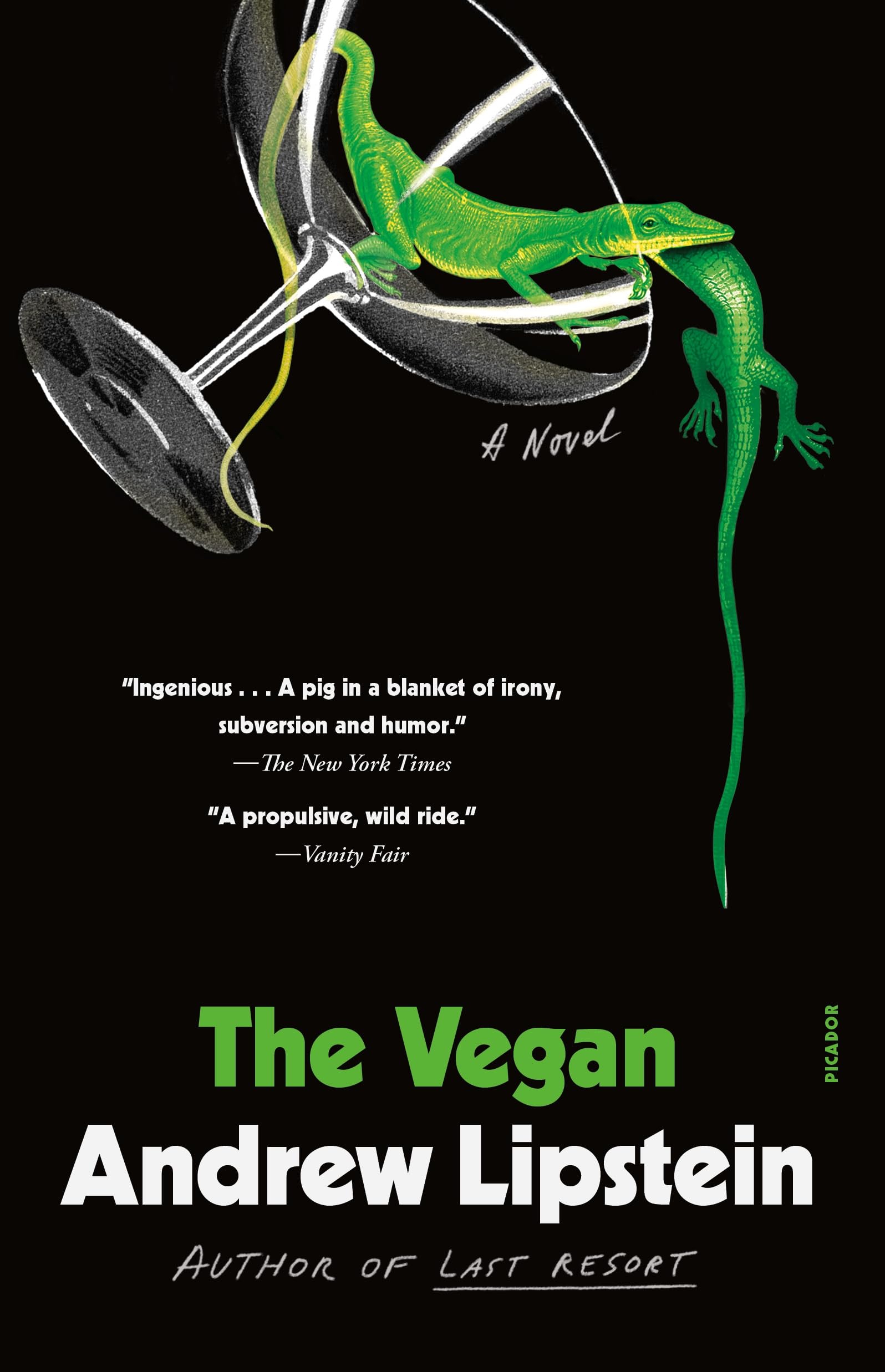Andrew Lipstein’s The Vegan is much more than just a narrative—it is a reflective exploration of morality and the complexities that come with modern living, particularly in the context of veganism and its broader implications. This thought-provoking novel raises pivotal questions about purity, guilt, and our relationship with the natural world, making it a significant read for those on a vegan diet or interested in ethical living.
Understanding the Themes from a Vegan Perspective
At its core, The Vegan confronts the challenges of maintaining virtue with the current focus on driven by greed. For vegans, this resonates deeply, as the diet itself often stems from a desire to live ethically and compassionately. Herschel Caine’s journey showcases the struggle many face in aligning their actions with their values, particularly when societal pressures and personal ambitions collide.
Key Themes Explored
- Guilt and Regret: Herschel’s experience serves as a metaphor for the internal conflicts that many vegans may feel when navigating a world that often contradicts their values. That’s particularly relevant during social gatherings where food choices can lead to feelings of alienation or misrepresentation.
- Connection to Nature: The book highlights a transformative relationship with a neighborhood dog, symbolizing the deep bond between humans and animals. This connection is a cornerstone of vegan philosophy, emphasizing empathy towards all living beings.
- Purity vs. Compromise: The narrative pushes readers to contemplate the concept of purity in their ethical choices. It raises questions about whether one can truly be ‘pure’ in their practices, especially when faced with external temptations or societal norms.
Practical Insights for Vegans
While The Vegan is a fictional account, its themes offer practical insights for those adhering to a vegan diet:
- Reflect on Your Values: Take time to evaluate what being vegan means to you personally. This reflection can help navigate social situations and prevent feelings of guilt when confronted with non-vegan options.
- Seek Community: Just as Herschel attempts to connect with his neighbors, find a supportive community that shares your values. Engaging with like-minded individuals can provide comfort and motivation.
- Embrace Flexibility: Understand that perfection is unattainable. It’s okay to have moments of weakness or uncertainty. The important aspect is to keep striving for alignment between your actions and values.
- Foster Connections with Animals: Strengthen your bond with animals, as this can enhance empathy and reinforce the reasons behind your vegan lifestyle. Whether through volunteering at animal shelters or simply spending time with pets, these connections can be profound.
“Is purity a convertible asset?” This question encapsulates the essence of Lipstein’s work and encourages readers, especially vegans, to rethink what purity means in the context of their dietary choices and moral obligations.
To wrap it up, The Vegan serves as an engaging narrative that not only entertains but also prompts essential conversations about ethics, guilt, and connection. It stands out as a must-read for anyone invested in the ideals of veganism or seeking to align their lifestyle with their ethical beliefs.
